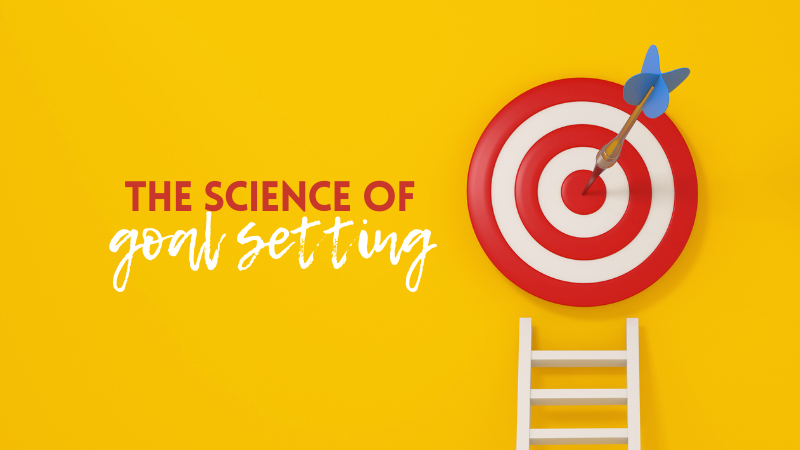Leaving a legacy is a concept deeply rooted in the human need to extend influence beyond our mortal days. There’s a universal yearning to be remembered, to have an impact that outlasts our time on Earth. Traditionally, we’ve understood ‘legacy’ in a financial context: a bequest or endowment that secures the future of our descendants or advances a personal cause. While the monetary legacy forms a substantial part of inheritance, it’s increasingly apparent that true legacy transcends wealth. This article delves into the multifaceted aspects of leaving an impactful legacy that’s rich in values and personal ethos, rather than just riches.

Redefining Legacy: It’s More Than Just Money
In the current zeitgeist, ‘legacy’ is being redefined by those valuing experiences, knowledge, and personal narratives as much as, if not more than, orthodox fortunes. It’s a shift from the traditional accumulation of wealth to a legacy built on relationships, community service, and intellectual property. Factors like the imprint we leave on our community, the values we instill in our children, and the stories we share define a substantial part of our legacy.
The Role of Wisdom and Knowledge
In a world where information is at our fingertips, imparting wisdom is more crucial than dispensing data. Leaving behind a corpus of knowledge, whether through mentorship or authorship, enriches those who come after us. The lessons learned and insights gained over a lifetime are invaluable contributions that can guide future generations.
Personal Values and Stories
Our values and stories are the heart of our legacy. Narratives that survive through time, shared anecdotes that teach, and personal mantras that inspire – these are the intangible assets that define us and resonate with others.
Values can also include things like lessons we have learned that we want to make sure future generations benefit from, such as the fact that it’s ok for you to work smarter instead of harder, and doing so doesn’t mean you are a lazy person. Or that money is not evil despite the saying “the love of money is the root of all evil” that your grandparents may have said. Money is a tool that can be used to do a lot of good in the world and help a lot of people. It’s so important that we pass along these lessons and values to future generations so they become part of a new way of operating that isn’t saddled by the false or limiting beliefs that our ancestors were limited by.
Community and Societal Impact
The impact we make within our communities, and more broadly in society, is often the most powerful expression of our legacy. It includes charitable work, leadership that fosters positive change, and acts of goodwill that strengthen the social fabric.
Leaving a rich and varied legacy doesn’t demand vast resources, but it does require us to be active participants in shaping the narrative of our lives and futures.
Embracing Philanthropy: Giving Back as a Core Legacy Element
Philanthropy is not just for the ultra-rich. It’s the art of giving, often characterized by the sheer will to contribute to the collective well-being. A philanthropic legacy can be cultivated through multiple approaches, with financial contributions only being one aspect.

Volunteering: Time is As Valuable As Money
Volunteering one’s time and skills fulfills immediate needs of communities, while also setting an example for selflessness. For a legacy of altruism, active involvement in community projects, mentorship, or pro bono work within one’s professional expertise exhibits ongoing commitment to giving back.
Strategic Giving: Impact-Focused Philanthropy
Strategic giving involves a meticulous approach to charitable contributions. It’s about identifying causes and organizations that align with one’s values and have a tangible, long-term impact. This type of giving ensures that resources are used efficiently and sustainably, amplifying the power of one’s philanthropy.
Legacy Planning: Financial and Non-Financial Components
While a philanthropic legacy doesn’t solely rely on monetary bequests, financial planning plays a pivotal role in supporting charitable causes. Estate planning that includes provisions for charitable donations, setting up foundations or trusts, and incorporating philanthropy into the family lineage all serve to extend one’s generosity beyond a lifetime.
Philanthropy, when embedded within a legacy, echoes values of compassion and responsibility, illustrating that the contributor’s mindset encompasses the welfare of others.
Mentoring and Nurturing: The Legacy of Talent and Growth
Mentorship is an often underestimated aspect of legacy-building. The investment in developing others not only perpetuates a skill or craft but also instills confidence and a sense of purpose that resonates deeply with mentees.
Transfer of Skills and Knowledge
Mentoring involves passing on skills, knowledge, and experiences to the next generation. It’s an active transfer that ensures a particular expertise is carried forward. Whether it’s a trade, a professional discipline, or life skills, mentoring imparts a piece of one’s legacy.
Emotional and Personal Development
Great mentors catalyze personal growth by not only teaching their craft but also by providing emotional support and guidance. This nurturing aspect of mentorship is often what’s most cherished by mentees and what they later remember as a critical part of their development.
Perpetuating the Cycle of Growth
An adhesive part of the mentoring legacy is the encouragement for mentees to become mentors themselves, thus perpetuating the cycle of growth. This desire for the success and development of others, demonstrated through mentorship, is an enduring way to make a difference.
Personal Branding and Legacy: The Digital Footprint
In today’s digital age, the online persona we shape can outlive us in significant ways. Curating a personal brand that reflects our values, actions, and achievements is a modern avenue for building a legacy.

Writing and Thought Leadership
Creating content that reflects authenticity and depth of experience establishes one as a thought leader. Published works or online presence can serve as a reservoir of knowledge, accessible to future generations seeking guidance.
The Selfless Self-Promotion
Self-promotion, when done with the intent to bolster a cause or share insights, transcends egoism. It magnifies the reach of one’s influence, allowing for a legacy of impact in far corners of the world.
Online Engagement: Fostering a Digital Community
Engagement with an online following or community underlines the relational aspect of legacy. Positive digital interactions can accrue to a social legacy, denoting a supportive network that shares and advances common goals.
In Conclusion: Crafting a Lasting Legacy—Where to Begin
In the pursuit of a meaningful legacy, the journey is as important as the destination. Every interaction, every lesson taught, and every action taken forms part of the narrative. Start by intentionally engaging in activities that reflect your core values and passions.
- Lead by example, demonstrating the behaviors you hope others will emulate.
- Articulate your values and stories to pass on a rich tapestry of personal history.
- Invest in the well-being and growth of others, leaving behind skilled and empowered individuals.
- Expand your influence through a thoughtfully crafted digital presence, making your legacy accessible and relatable to a broader audience.
Leaving a legacy isn’t a one-time act, but an amalgamation of a lifetime of choices, commitments, and contributions. By focusing on elements that go beyond financial endowments, we can shape a legacy that truly reflects our essence and resonates deeply with those whose lives we’ve touched. It’s a legacy that lives not just in the records of banks, but in the hearts of people and the communities we’ve changed for the better. Fostering such a multidimensional legacy is an eternal project; it engages not only the mind but the very spirit of being human. I hope you will join me in capturing some of these values and skills for future generations of your family too.








